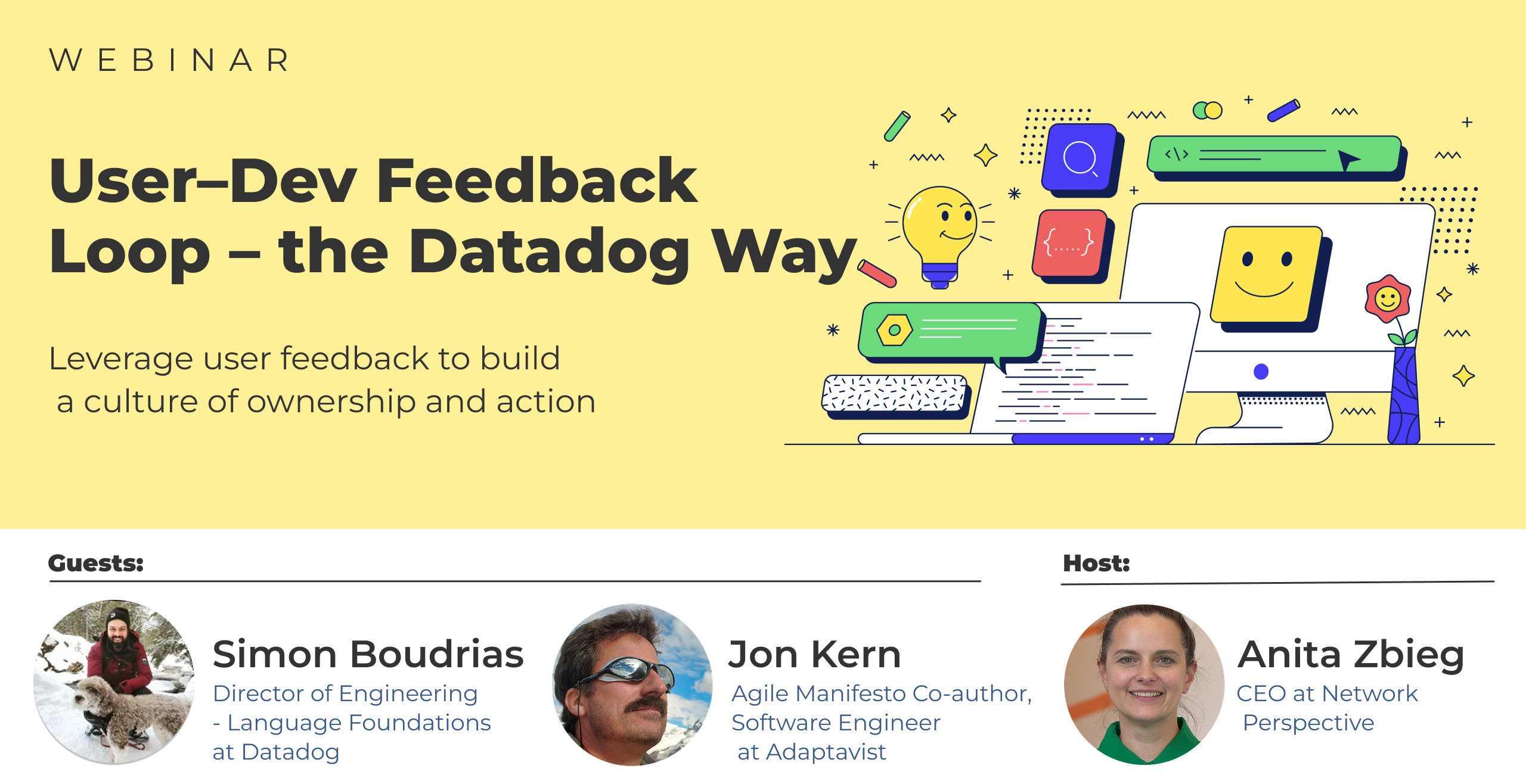Identify hidden bottlenecks and accelerate engineering delivery with data-driven insights.
Developer Experience Surveys turn your engineers’ firsthand struggles into strategic, team-level insights. In just 8 minutes, uncover 30+ high-friction signals—so you can cut delivery delays, reduce context-switching, and boost satisfaction. Use industry and internal benchmarks to prioritize the actions that matter.
Your engineers know where things break. Where tests don’t catch bugs. Where pipelines stall. Where manual steps eat hours. Our Developer Experience surveys reveal the debt dragging your delivery down—so you can cut the noise, ship faster, and build better. Go beyond gut feeling. Get real signals from the people doing the work.
Are our tests catching most issues before production? I trust our monitoring and alerting to report problems quickly. Why did the Data Engineering developers provide negative feedback? Is this why our automated data ingestion pipelines aren't deployed as quickly as expected? Could we do better, more like other teams in Engineering department?

Friction doesn’t show up in Jira tickets. Burnout doesn’t appear in DORA metrics. And context switching? Good luck spotting that in your dashboard.
Our Developer Experience framework uses targeted, research-backed questions to surface the real blockers—across planning, code quality, testing, collaboration, and deep work.
Passive data leaves blind spots. These questions fill them.

Our AI analyzes thousands of free-text survey answers, identifies recurring pain points (like meeting overload or Slack distractions), clusters them into thematic problem areas, and automatically proposes practical, field-tested actions. Instead of reading walls of comments or guessing what to fix, you get:


Should you invest in test quality? Is your reliability stack above average or holding your teams back?
Without clear benchmarks, you’re flying blind. Our DevEx benchmarks show how your team stacks up—against internal peers and the broader market. Make smarter investment calls. Prioritize what matters most. And defend your roadmap with real data.
Developer happiness doesn’t come from ping-pong tables. It comes from removing the blockers that waste their time and slow their flow. Our DevEx platform pushes insights to the team level—so engineers can prioritize what’s hurting delivery, fix it fast, and track the payoff. No more waiting for top-down change. No more silent suffering. Just fast feedback, fast action, and fast wins.

One team struggling is a blip. Three teams struggling the same way? That’s a systemic issue. Our DevEx surveys roll up insights across every team, project, and function—so you can spot recurring blockers, compare performance, and drive real change where it matters most. Filter by role, location, seniority, or squad. Prioritize the work that moves the needle org-wide.

rack how removing friction impacts real outcomes—delivery speed, release quality, and team productivity. Our platform connects DevEx signals directly to your engineering metrics, through exports or API. That means you don’t just see feedback—you see its impact. Spot trends. Attribute improvements. Build the case for scaling what works.

Whether you’re running 10 teams or 1,000, we help you scale DevEx insights without losing clarity. Segment data across business units, teams, roles, or seniority. Drill into patterns. Benchmark across the org. Automate alerts. Customize reports. Our platform adapts to your org chart—so you can lead with precision, even at enterprise scale.
You’re already investing in tools, processes, and people. But without visibility into what slows teams down, you’re flying blind. Our developer experience insights help you cut delays, fix what’s broken, and unlock team speed—without the guesswork. Start small. Scale fast. See results in weeks.


I’ve been working in the Workplace Analytics field for more than 10 years. I’ve completed a Ph.D. in economics and psychology, applying ONA (Organizational Network Analysis) in organizational design.
I believe that advanced Workplace Analytics with strong ethics upfront can enable people leaders to make their teams productive and happy in a new hybrid workspace.Let’s meet on LinkedIn →

I’m a Passionate People and Organization Development and Future of Work Practitioner with over 15 years of experience in senior ad executive people management functions.
MY PURPOSE is to develop effective, data-informed, agile, remote smart organizations that help people grow and feel enabled and self-fulfilled with the contribution that they make to the company's success both as team members and as individuals.Let’s meet on LinkedIn →

I’m working experienced senior full-stack developer working with people and applying research to business. PhD on applied AI, MSc in Computer Science, and MA in Psychology.
What I like most in Network Perspective? We put a lot of conceptual and technological effort in applying ethics and protecting privacy while handling with big data which makes our work challenging and meaningful.Let’s meet on LinkedIn →

I have over 19 years of experience in consulting sales of products and services related to employee development, talent acquisition, learning and development, and transition management.
I'm dedicated to helping leaders manage the value of employee experience by implementing Network Perspective analytical software. I also coordinate various knowledge-sharing initiatives on how to implement workplace analytics in an ethical and impactful way.Let’s meet on LinkedIn →

Hosted by Anita Zbieg, PhD, this session will feature industry experts Simon Boudrias (Director of Engineering at Datadog) and Jon Kern (Software Engineer, Agile Manifesto Co-author at Adaptavist). Together, they will share insights on cultivating a developer culture that is not just productive but customer-centred.